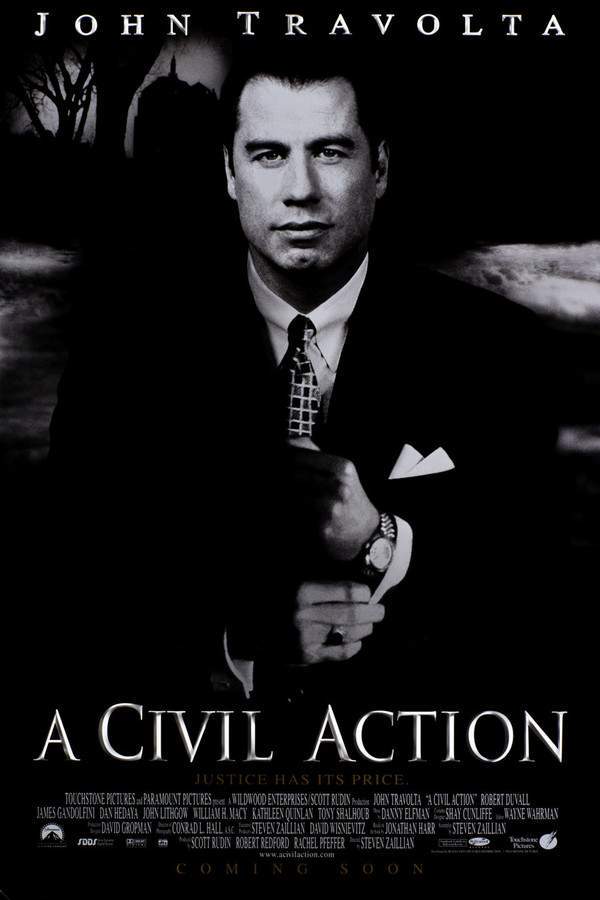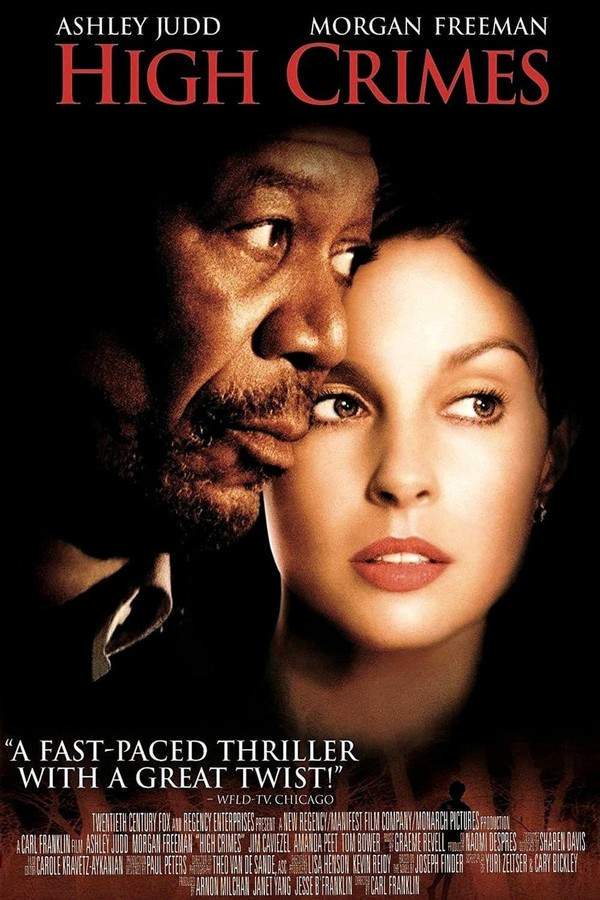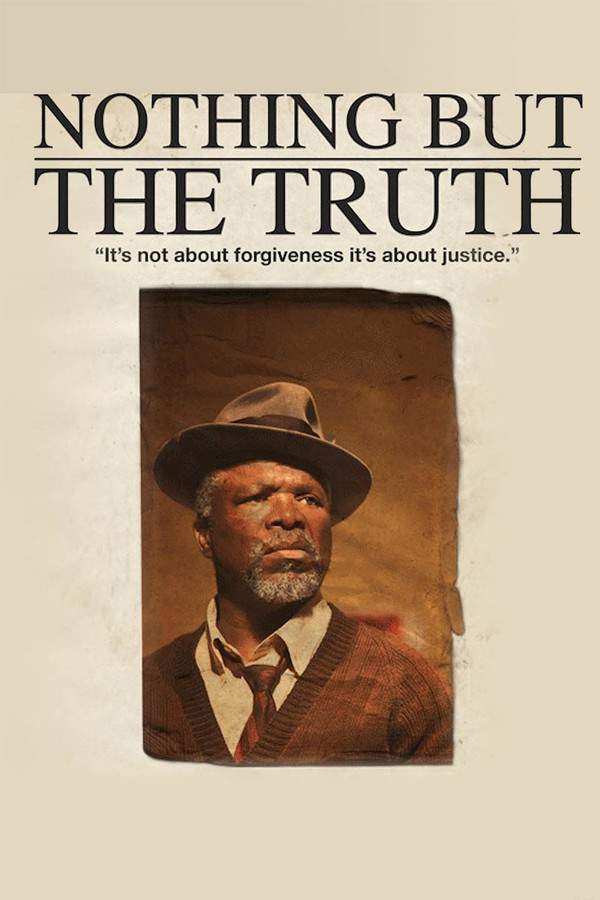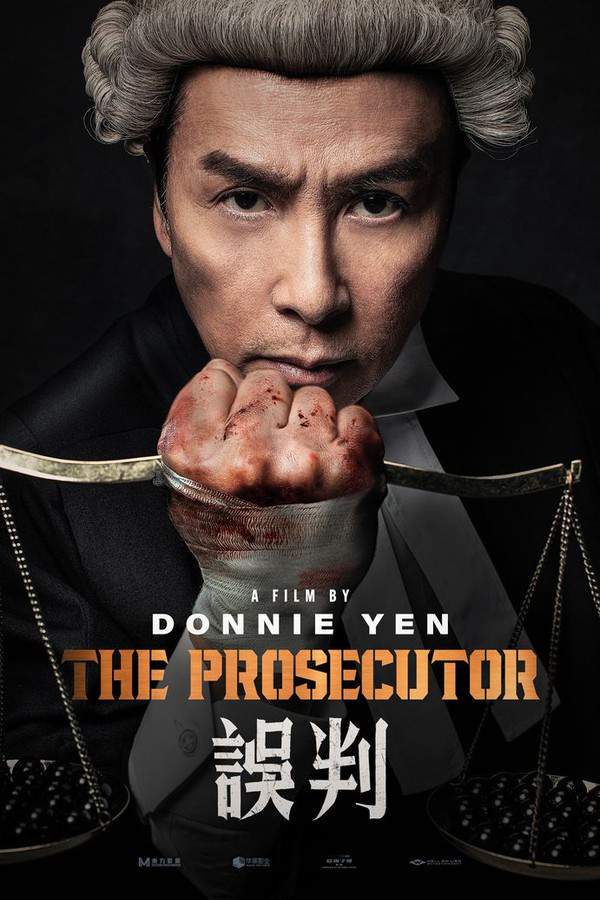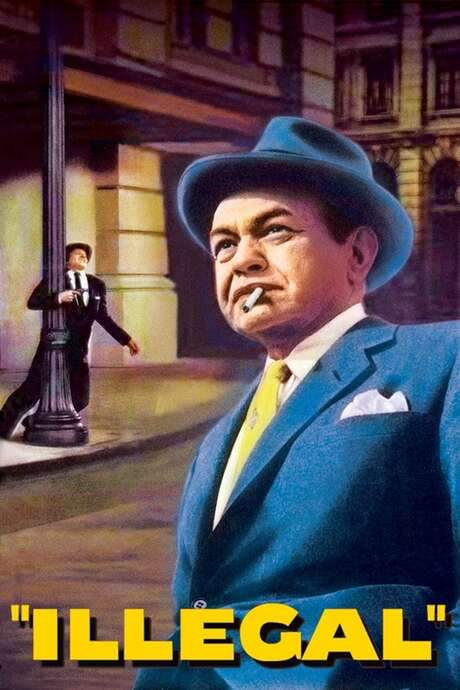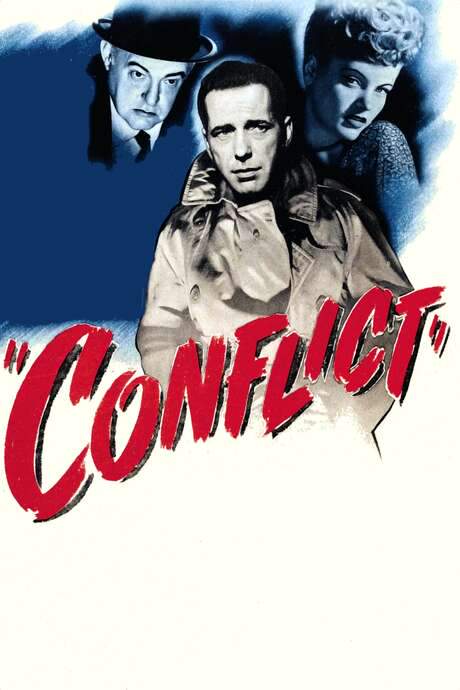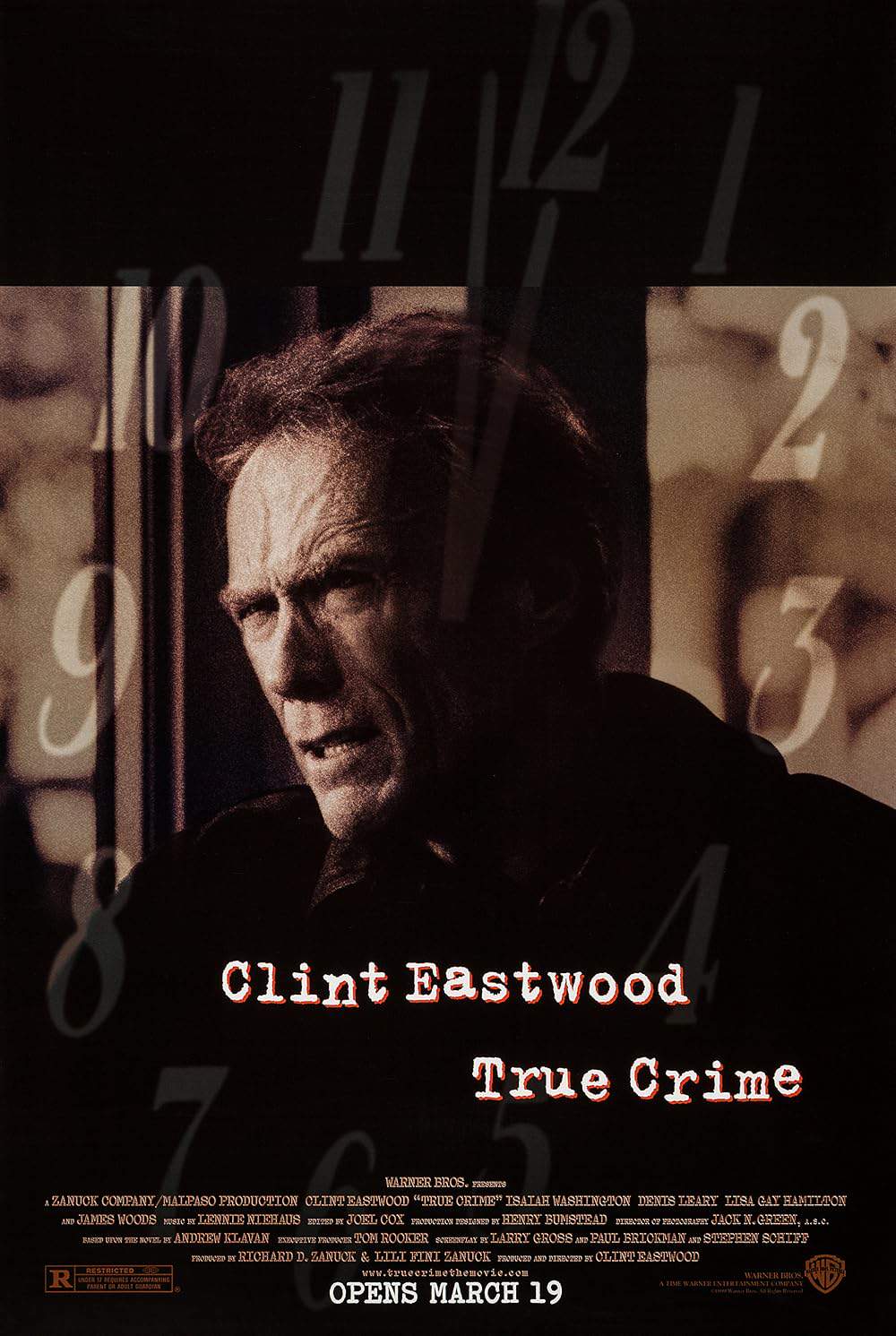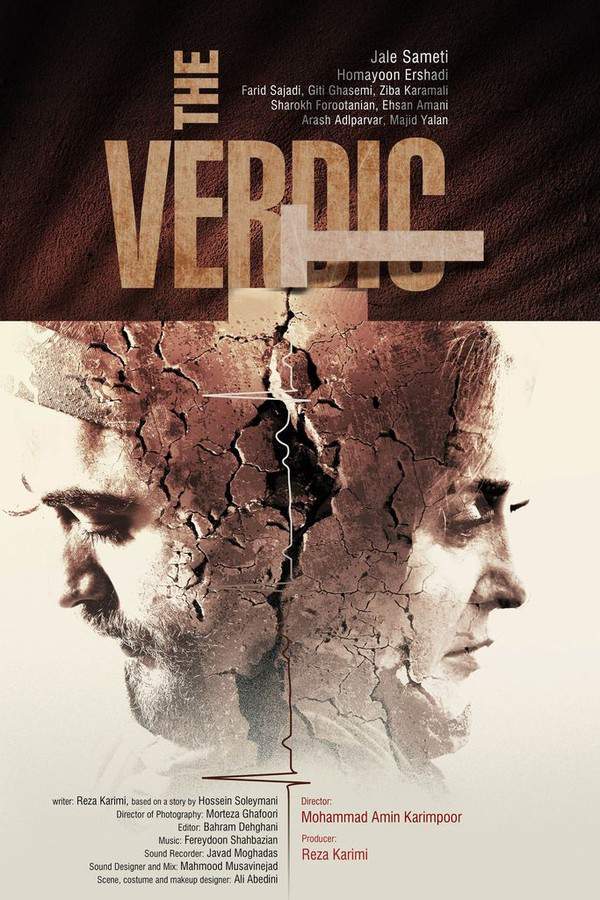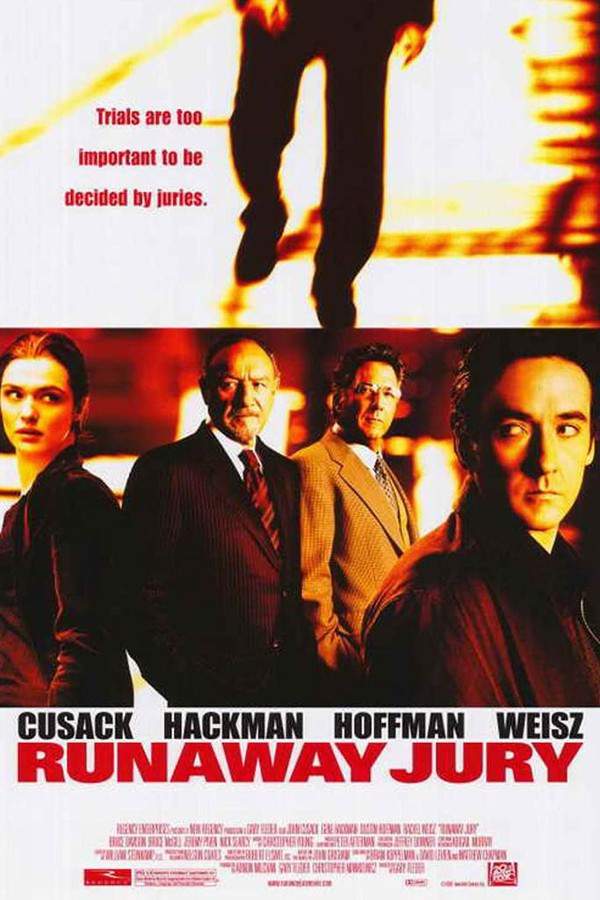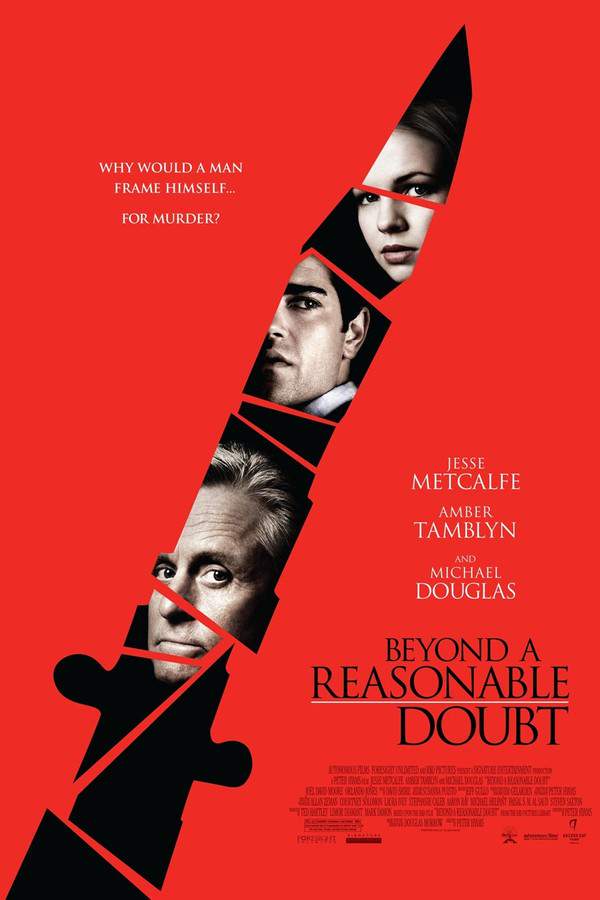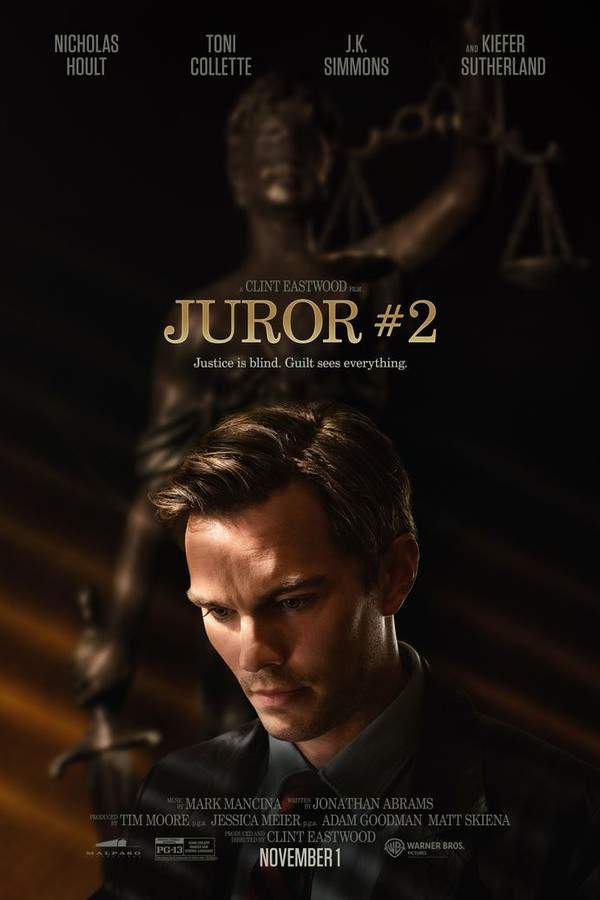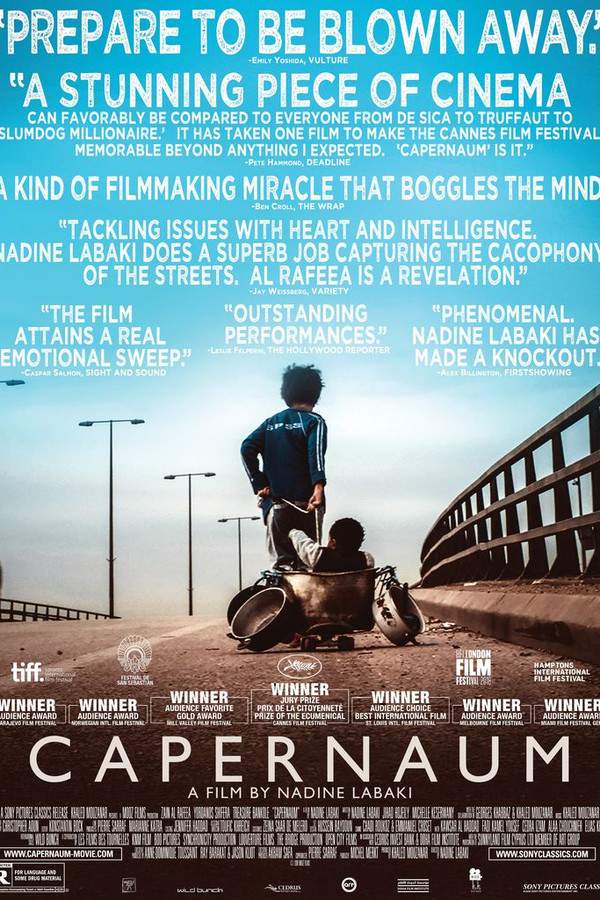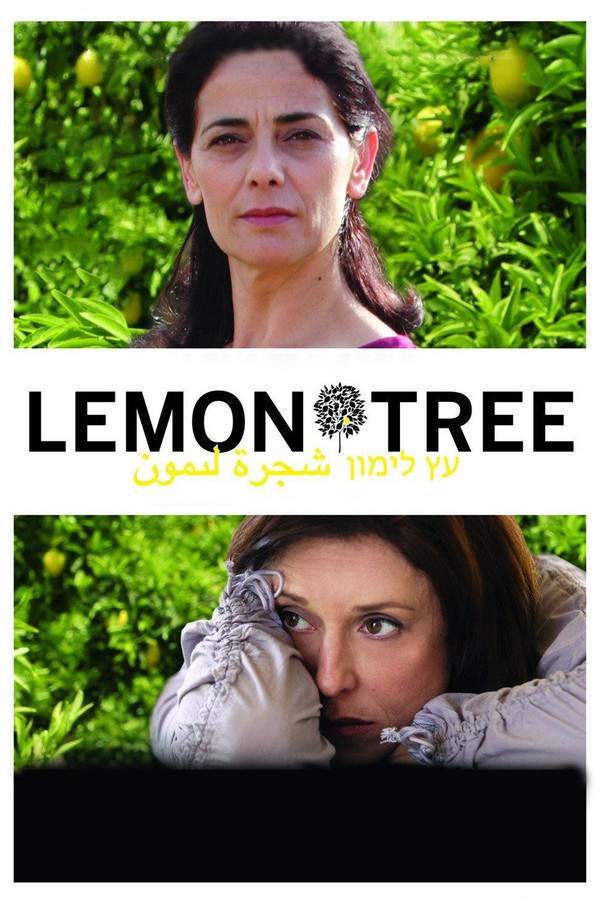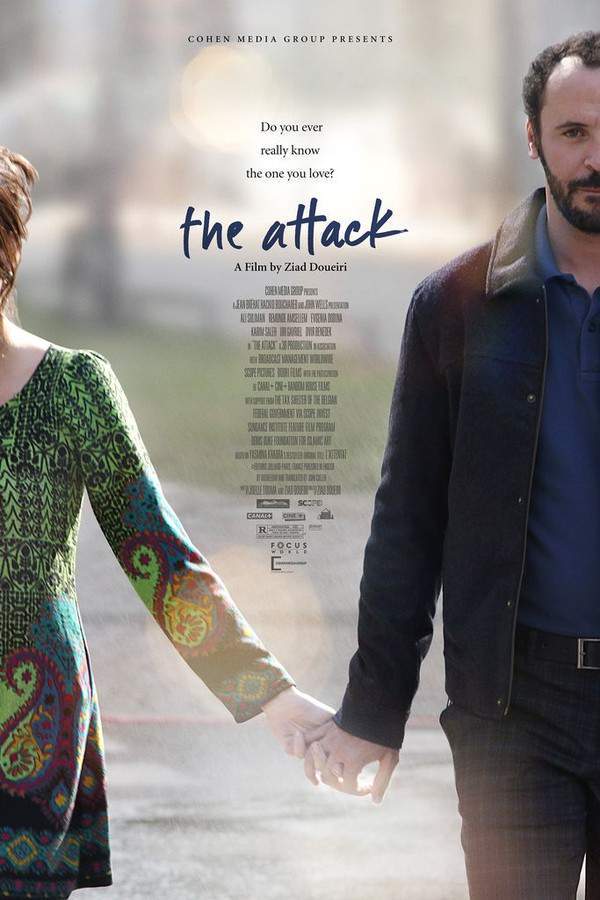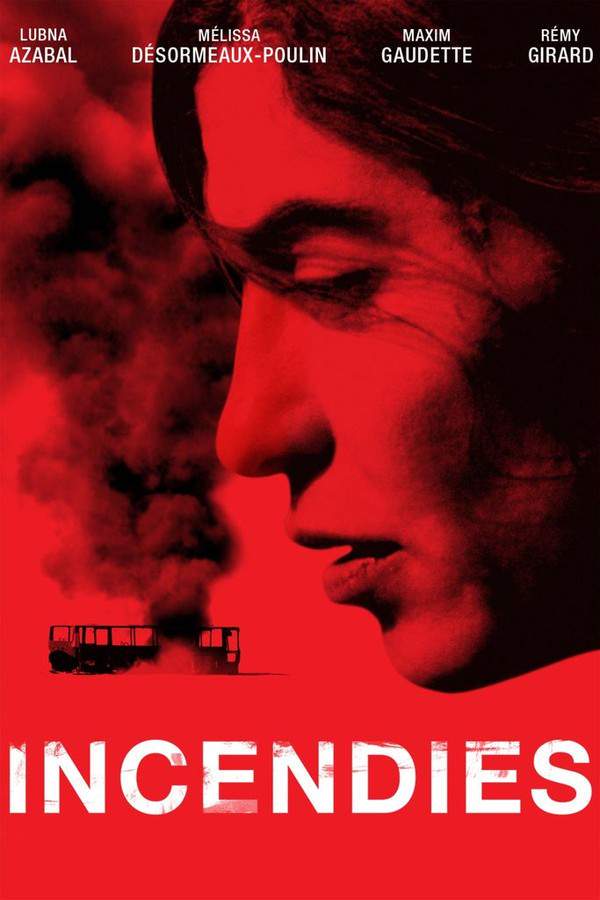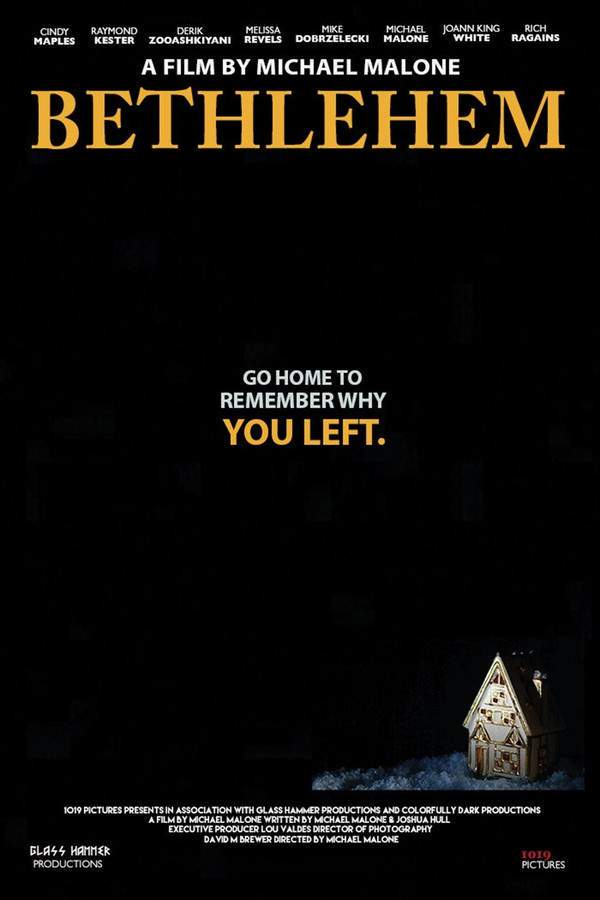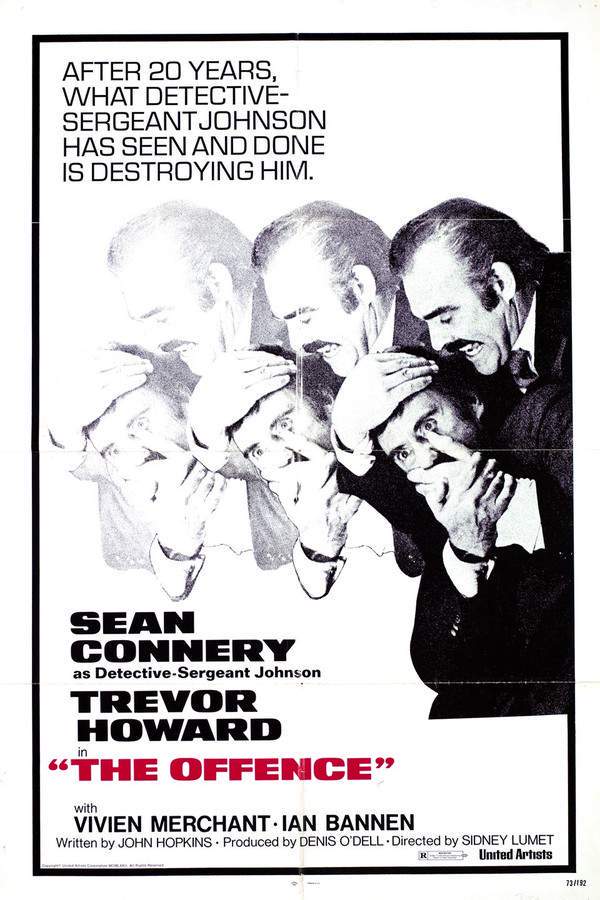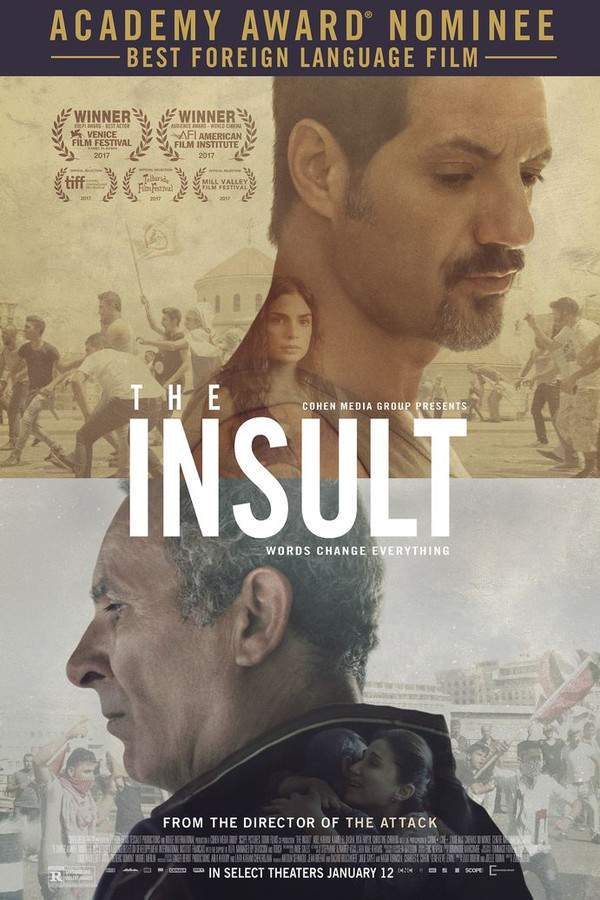
The Insult
In modern-day Beirut, a minor argument between Lebanese Christian Tony and Palestinian refugee Yasser spirals into a significant legal case. The ensuing court battle and media attention force both men to examine their beliefs and confront painful experiences, highlighting the deep social divisions within Lebanon and raising complex questions about justice, prejudice, and understanding.
Warning: spoilers below!
Haven’t seen The Insult yet? This summary contains major spoilers. Bookmark the page, watch the movie, and come back for the full breakdown. If you're ready, scroll on and relive the story!
The Insult (2018) – Full Plot Summary & Ending Explained
Read the complete plot breakdown of The Insult (2018), including all key story events, major twists, and the ending explained in detail. Discover what really happened—and what it all means.
Tony Hanna is a Lebanese Christian and a devoted member of the Lebanese Forces, living with his pregnant wife, Shirine Hanna. From the start, his world is defined by a strict sense of order around his property: he doesn’t want workers near Shirine, especially when she is at home, and he notices contractors tinkering with the gutter on his balcony. In a burst of anger, he smashes the gutter, an act that triggers a chain of clashes and harsh judgments. The worker involved, Yasser Abdallah Salameh, dubs him a “fucking prick,” a moment that crystallizes the deep-seated tension between Tony’s world and the realities of a divided country. Tony instantly recognizes Yasser by his Palestinian accent, and his daily life becomes entangled with anti-Palestinian propaganda and a growing wish that Palestinians would leave the country. Though the balcony work violated building codes, Tony’s demand for an apology escalates the incident rather than defusing it.
The confrontation spills into the legal arena. The employers bring Yasser to Tony’s garage to offer a personal apology, but a recorded speech by Christian leader Bachir Gemayel interrupts what feels like a path toward reconciliation. In a311 moment of provocation, Tony expresses a violent, sweeping thought about Ariel Sharon’s supposed plan to exterminate Palestinians, which triggers a brutal punch from Yasser that leaves Tony with two fractured ribs. The incident becomes a lawsuit, and Tony chooses to represent himself with determination, hoping to win restitution and vindication.
The courtroom drama is caught between passion and evidence. When neither Tony nor Yasser can repeat the exact words Tony used about Sharon, the case is dismissed for inconclusive evidence by Judge Chahine. Tony erupts, accusing the judiciary of corruption and bias, and is removed from the courtroom, vowing to appeal. The physical strain of the day weighs on him; he collapses, Shirine rushes to his side, and soon she gives birth. The baby’s condition becomes dire, placed on life support, a consequence the family attributes to the contractions Shirine experienced during the shock of the assault. The trial is put on hold and reopens with the risk of manslaughter for Yasser if the child dies.
In this fragile moment, a new advocate enters the picture. Wajdi Wehbe, a pro-Christian attorney who carries memories of the Lebanese Civil War, takes on Tony’s case, while Wajdi’s daughter, Nadine Wehbe, with a less vivid memory of the conflict, represents Yasser. The dynamics of litigation shift as the courtroom becomes a stage for wounded histories and competing interpretations of what constitutes harm, responsibility, and speech. Tony’s remarks about Sharon are now presented in the courtroom again, but this time the argument centers on emotional distress provoked by the actions of others, and the broader trauma of a nation still healing from civil conflict. It is revealed that Shirine has a history of miscarriages, adding a personal dimension to the legal and emotional stakes. The case and the public discourse it fuels rekindle memories of the civil war, sparking clashes on the streets between Christians and Muslims and exposing the fault lines that still run through everyday life.
Throughout the retrial, Wajdi emphasizes a distinction between private thoughts and public action, contending that Tony’s words, however controversial, reflect private expression rather than intent to incite violence or libel. The defense strategy leans on freedom of thought, while the prosecution emphasizes the real-world harm caused by inflammatory statements in a charged environment. As the courtroom case unfolds, researchers and witnesses uncover a deeper, more personal history: Tony was born in Damour in 1970 and left in January 1976, making him a Damour refugee who survived a massacre with help from PLO units. This revelation, kept hidden from Tony’s legal team, is shown in documentary footage that Wajdi reveals in the courtroom, breaking Tony down with the weight of memory.
A pivotal confrontation occurs when Yasser and Tony meet again; Yasser claims that Christian suffering in the civil war was minor compared to Palestinian suffering, and Tony responds with a punch, prompting a sincere apology from Yasser. As the legal and emotional battles continue, Shirine and Tony’s child begin to recover, and the mood in the courtroom shifts from outright hostility to a tentative, fragile possibility of reconciliation. When the final verdict arrives, the judges declare Yasser not guilty of assault. The drama closes with a quiet, human moment: the two men exchange a wary smile and part ways, hinting at a future where past wounds might soften, even if the present remains complex and unresolved.
Last Updated: October 09, 2025 at 16:23
Explore Movie Threads
Discover curated groups of movies connected by mood, themes, and story style. Browse collections built around emotion, atmosphere, and narrative focus to easily find films that match what you feel like watching right now.
Movies where a small argument explodes into a national crisis like The Insult
Stories where a small disagreement exposes deep societal fault lines and escalates into a public spectacle.Discover movies like The Insult where a personal disagreement spirals into a major legal or public battle, revealing deep-seated societal tensions. These films use intimate conflicts as a microcosm for larger issues of prejudice, history, and justice, offering gripping, tense dramas that explore the intersection of the personal and the political.
Narrative Summary
Narratives in this thread typically begin with a small-scale, relatable conflict between two people. This incident escalates rapidly through legal systems, media involvement, or public opinion, transforming the personal grudge into a symbolic battle for an entire community or nation. The journey explores the weight of history and the difficulty of reconciliation when individual pain becomes a public weapon.
Why These Movies?
These films are grouped together because they share a powerful narrative mechanism: using a personal story as a lens to examine vast social divides. They deliver high-stakes drama by showing how individual lives are inextricably linked to collective trauma and conflict, creating tense, thought-provoking, and emotionally heavy viewing experiences.
Moral and emotional courtroom dramas similar to The Insult
Courtroom battles where the law is a battleground for trauma, identity, and painful history.If you liked the tense legal battle and deep moral questions in The Insult, explore these weighty courtroom dramas. These films feature high-stakes trials that grapple with complex themes like historical trauma, prejudice, and the search for justice, delivering gripping, somber, and intellectually challenging narratives centered around the law.
Narrative Summary
Stories in this thread revolve around a central trial that forces characters—and the audience—to question simple notions of right and wrong. The legal arguments are intertwined with painful personal histories and larger social issues, creating a narrative where winning the case does not necessarily mean achieving justice or peace. The journey is often one of painful revelation rather than clear victory.
Why These Movies?
These movies are united by their use of the legal drama format to explore heavy, complex themes beyond the immediate facts of the case. They share a tense atmosphere, a steady, methodical pacing that builds suspense, and a focus on the emotional and moral toll the process takes on everyone involved, often leading to bittersweet or ambiguous resolutions.
Unlock the Full Story of The Insult
Don't stop at just watching — explore The Insult in full detail. From the complete plot summary and scene-by-scene timeline to character breakdowns, thematic analysis, and a deep dive into the ending — every page helps you truly understand what The Insult is all about. Plus, discover what's next after the movie.
The Insult Timeline
Track the full timeline of The Insult with every major event arranged chronologically. Perfect for decoding non-linear storytelling, flashbacks, or parallel narratives with a clear scene-by-scene breakdown.

Characters, Settings & Themes in The Insult
Discover the characters, locations, and core themes that shape The Insult. Get insights into symbolic elements, setting significance, and deeper narrative meaning — ideal for thematic analysis and movie breakdowns.

The Insult Spoiler-Free Summary
Get a quick, spoiler-free overview of The Insult that covers the main plot points and key details without revealing any major twists or spoilers. Perfect for those who want to know what to expect before diving in.

More About The Insult
Visit What's After the Movie to explore more about The Insult: box office results, cast and crew info, production details, post-credit scenes, and external links — all in one place for movie fans and researchers.

Similar Movies to The Insult
Discover movies like The Insult that share similar genres, themes, and storytelling elements. Whether you’re drawn to the atmosphere, character arcs, or plot structure, these curated recommendations will help you explore more films you’ll love.
Explore More About Movie The Insult
The Insult (2018) Scene-by-Scene Movie Timeline
The Insult (2018) Movie Characters, Themes & Settings
The Insult (2018) Spoiler-Free Summary & Key Flow
Movies Like The Insult – Similar Titles You’ll Enjoy
Indignation (2016) Plot Summary & Ending Explained
Capernaum (2018) Plot Summary & Ending Explained
Lemon Tree (2009) Plot Summary & Ending Explained
The Attack (2013) Ending Explained & Film Insights
Tel Aviv on Fire (2019) Film Overview & Timeline
Incendies (2011) Complete Plot Breakdown
Bethlehem (2014) Full Summary & Key Details
Beirut (2018) Spoiler-Packed Plot Recap
Zaytoun (2013) Story Summary & Characters
The Verdict (1982) Story Summary & Characters
The Offence (1973) Movie Recap & Themes
In the Shadow of Beirut (2025) Complete Plot Breakdown
In the Battlefields (2004) Ending Explained & Film Insights
West Beirut (1998) Full Summary & Key Details
Beirut, Oh Beirut (1975) Story Summary & Characters

